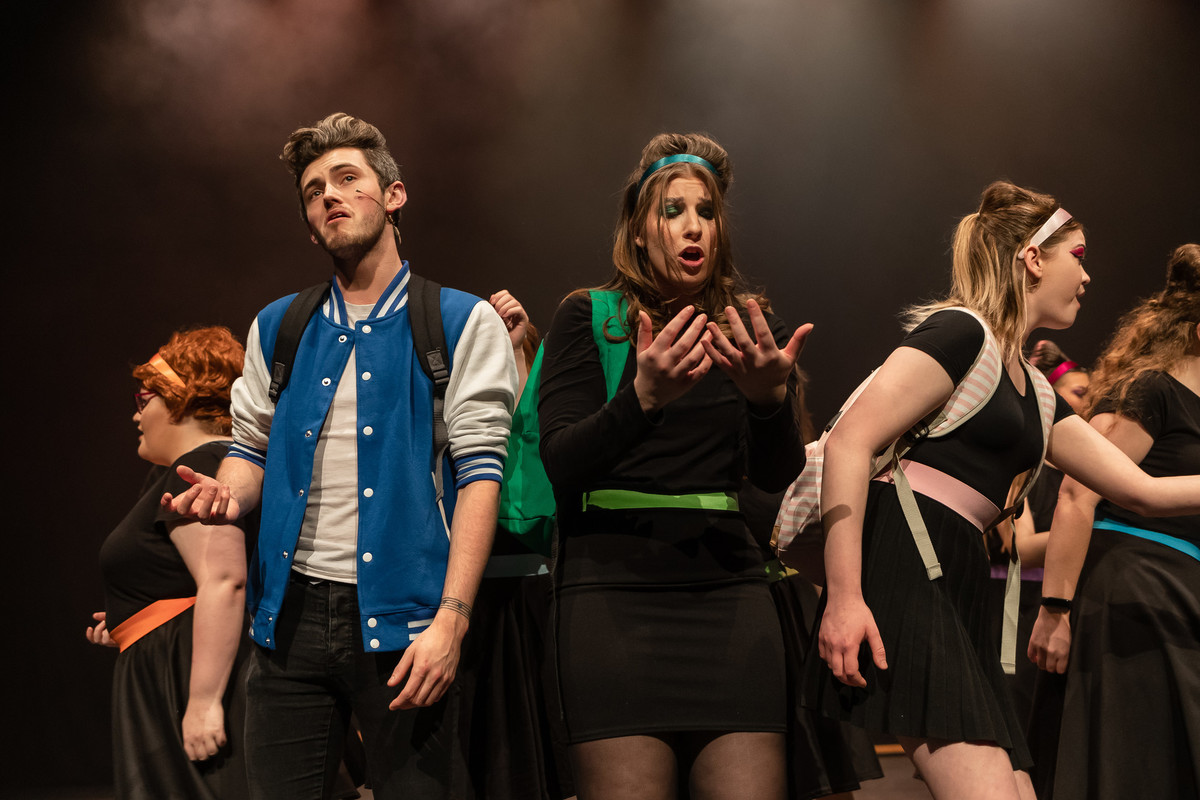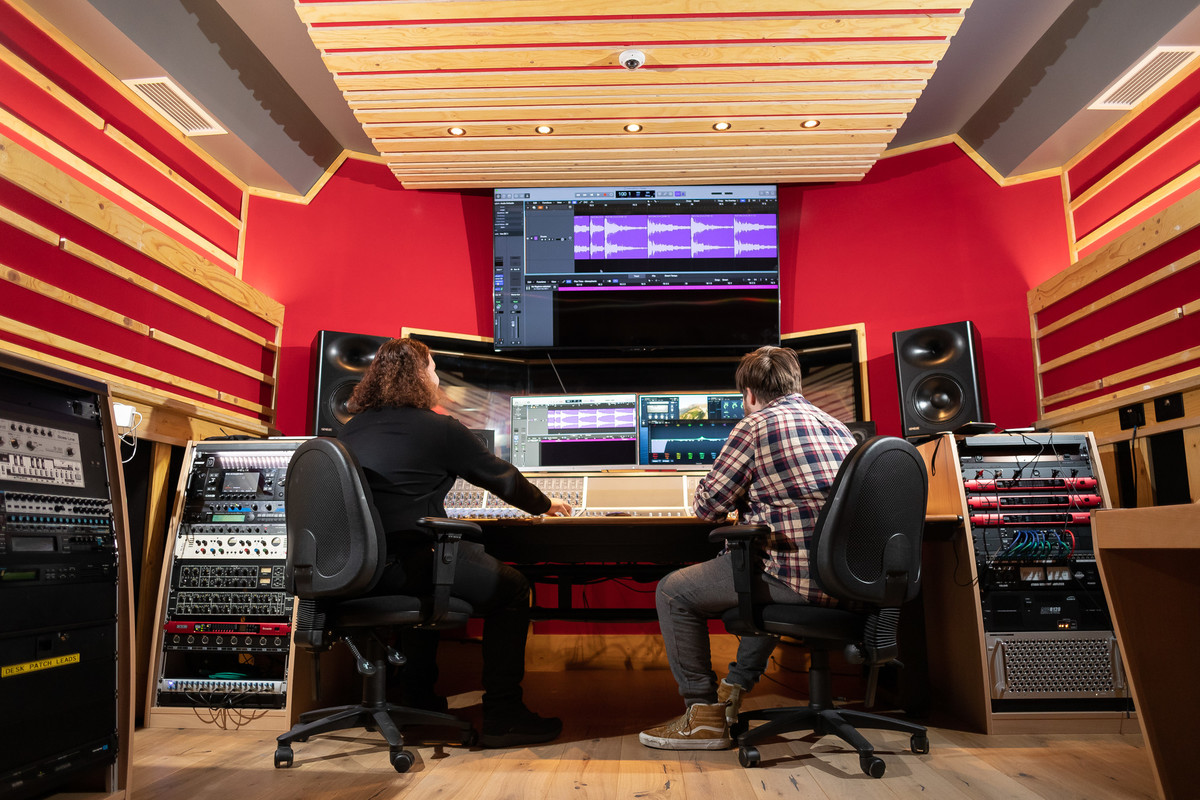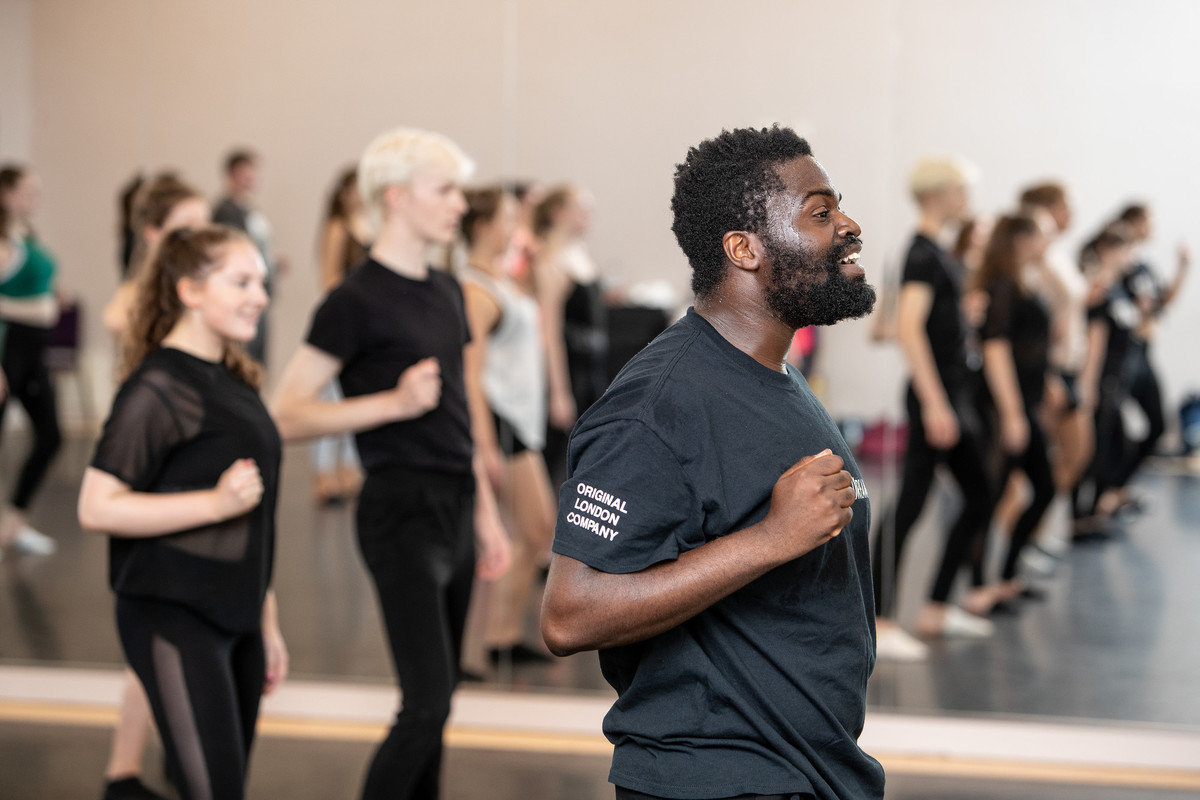104UCAS Points
|
UCAS Tariff |
104 points |
|
GCE A Level |
104 UCAS points from GCE A Levels or equivalent. Typical offer: BCC/CCC. Specific subjects required: Drama, Drama and Theatre Studies, Performing Arts, Performance Studies |
|
BTEC |
BTEC Performing Arts. Typical offer DMM |
|
International Baccalaureate |
28 points, including 5 in HL Theatre Arts |
|
Irish / Scottish Highers |
Irish Highers - H3 H3 H3 H3 H4 including one of the subjects stated above Scottish Highers - BBBB including one of the subjects stated above |
|
Access requirements |
Access to HE Diploma, to include 45 credits at level 3, of which 30 must be at Merit or above |
|
T Level |
T Level - Pass (C or above on the core). |
|
Extra Information |
Please note that we accept a maximum of 8 points from GCE AS Levels and that the Welsh Baccalaureate (core) and General Studies A Level will be recognised in our offer. We will also consider a combination of A Levels and BTECs/OCRs. Applicants will be required to attend an audition and interview. It is beneficial but not necessary to have studied Drama or Performance at A Level or equivalent. However, some level of dance is essential and will be part of the audition process. |






